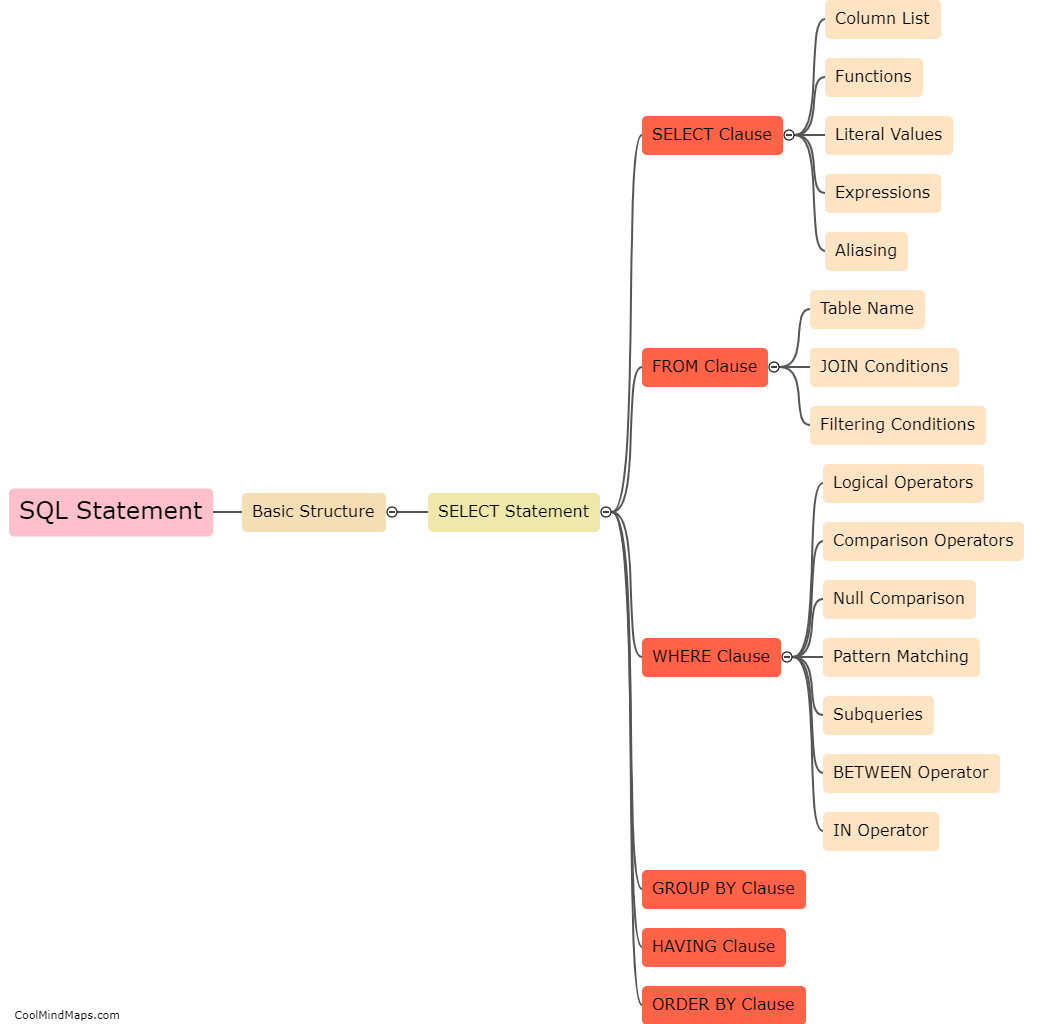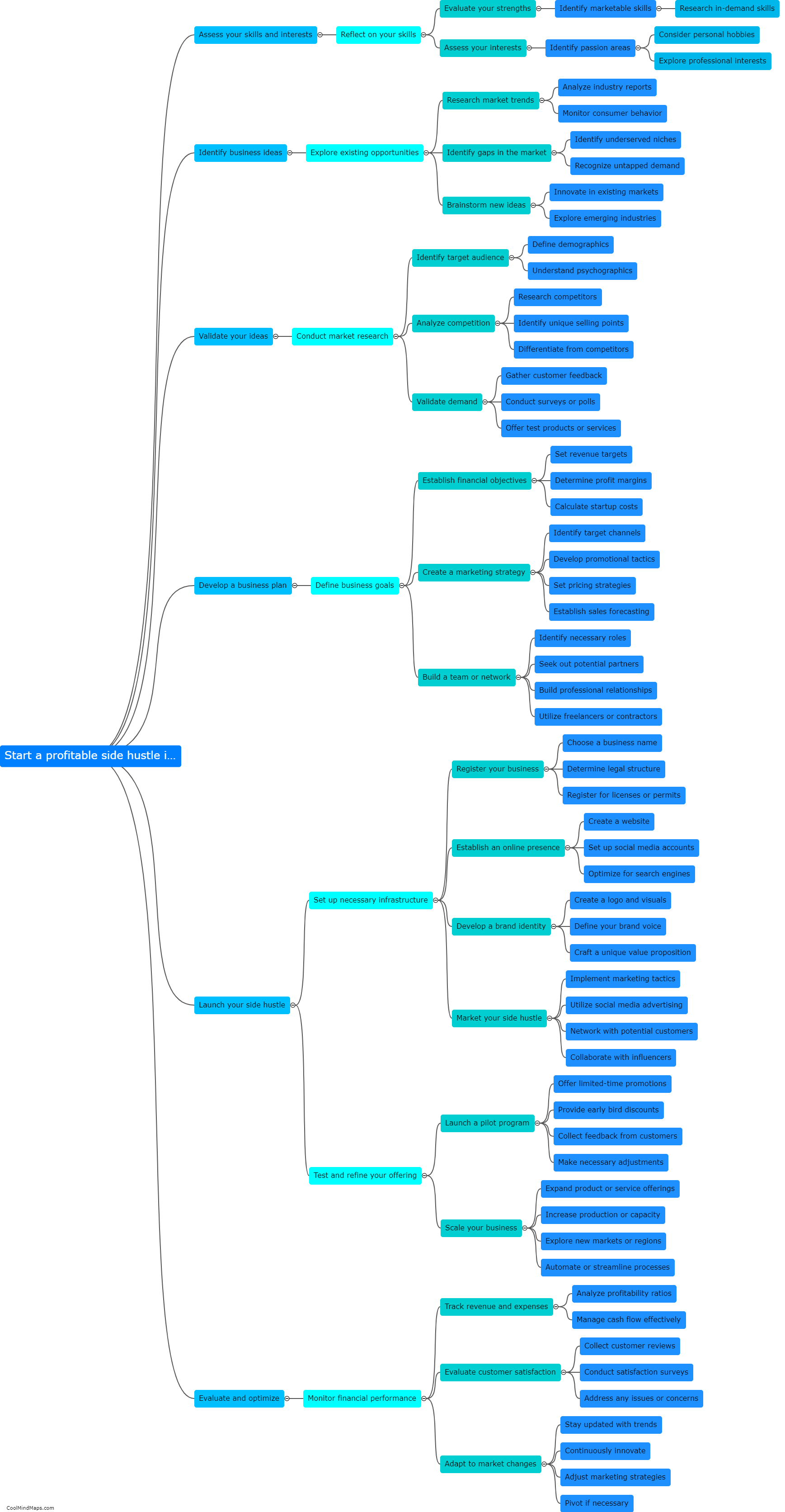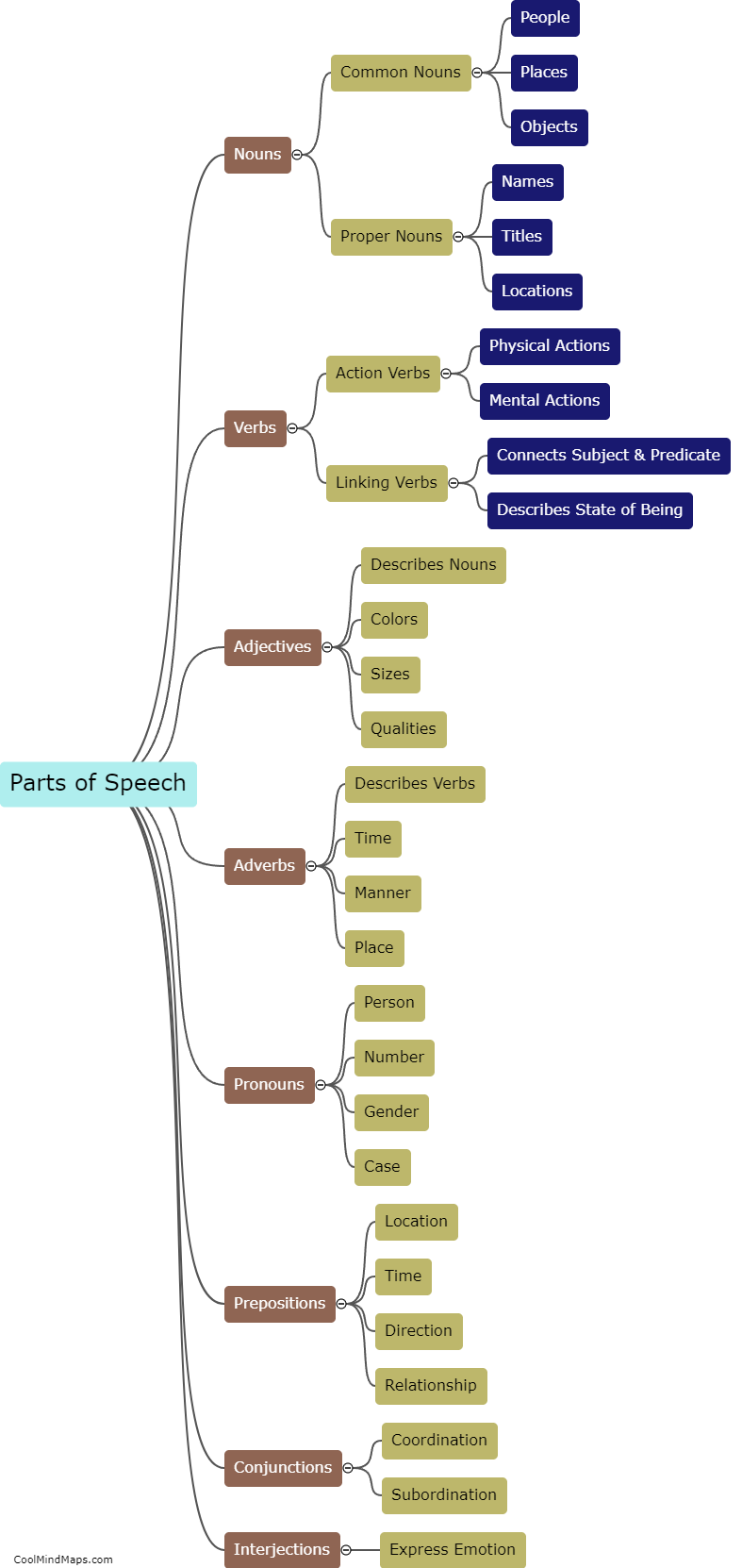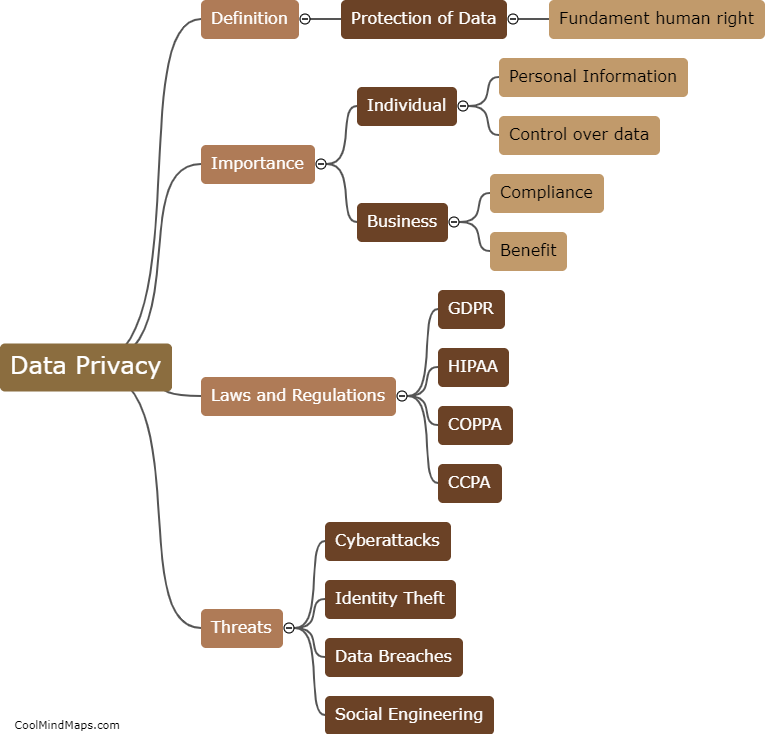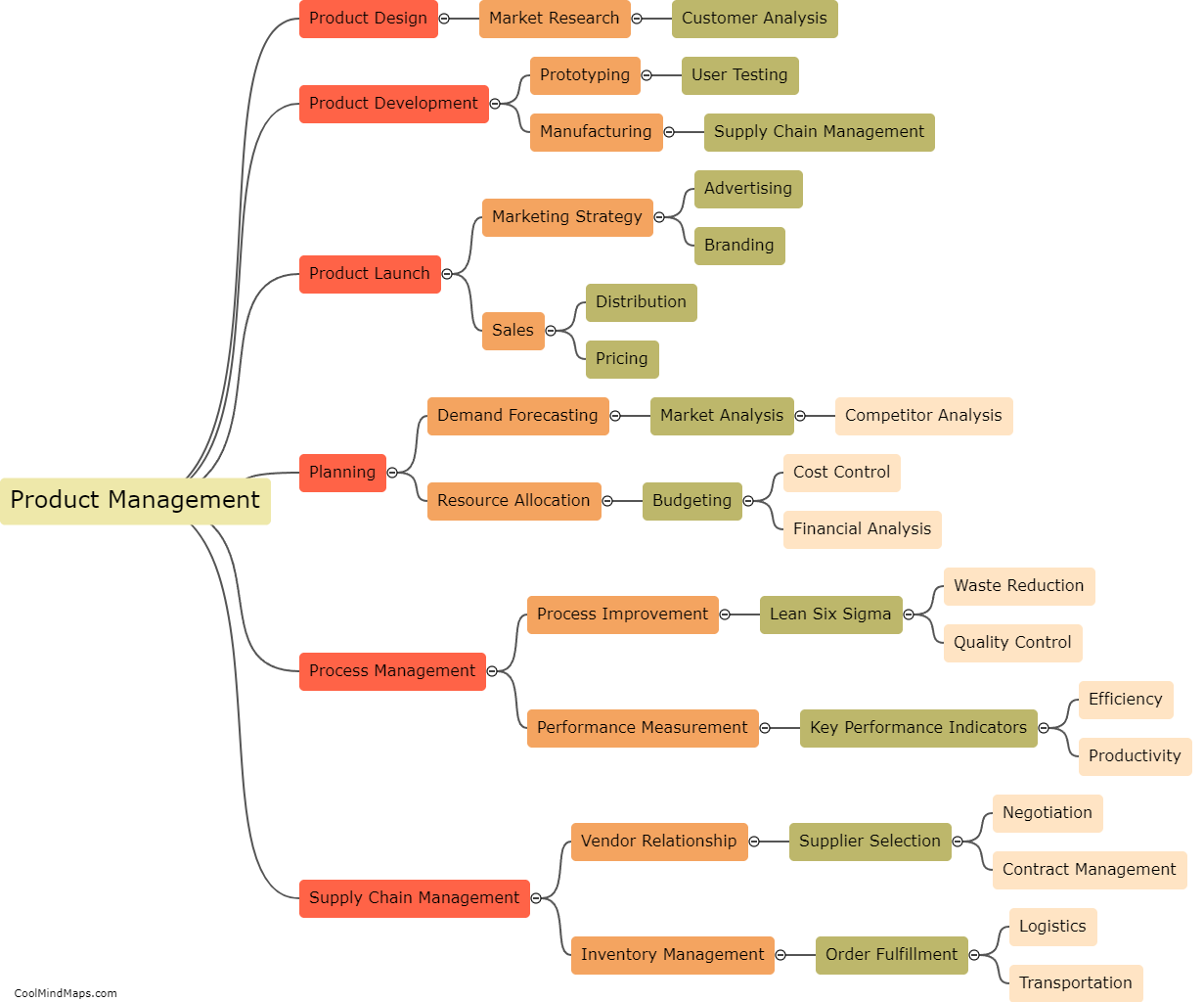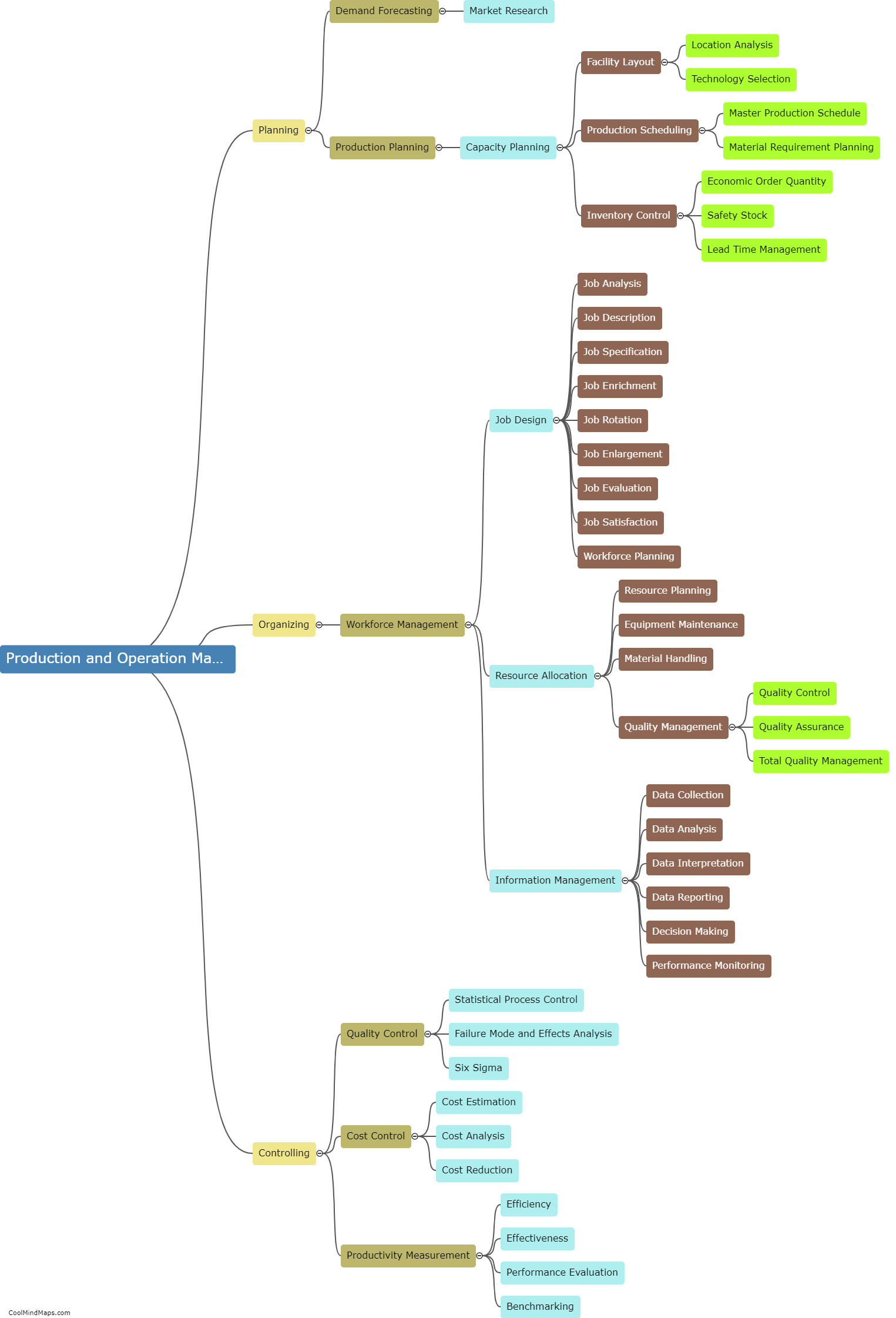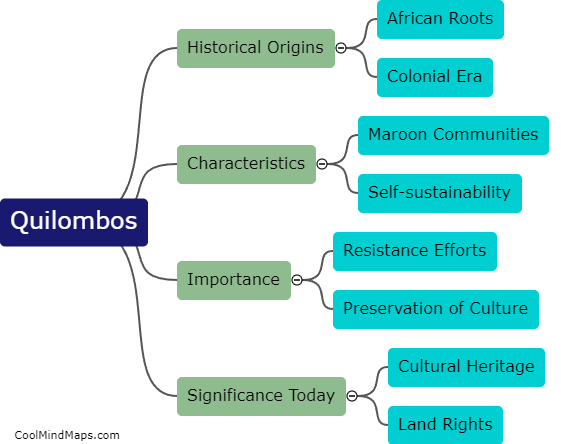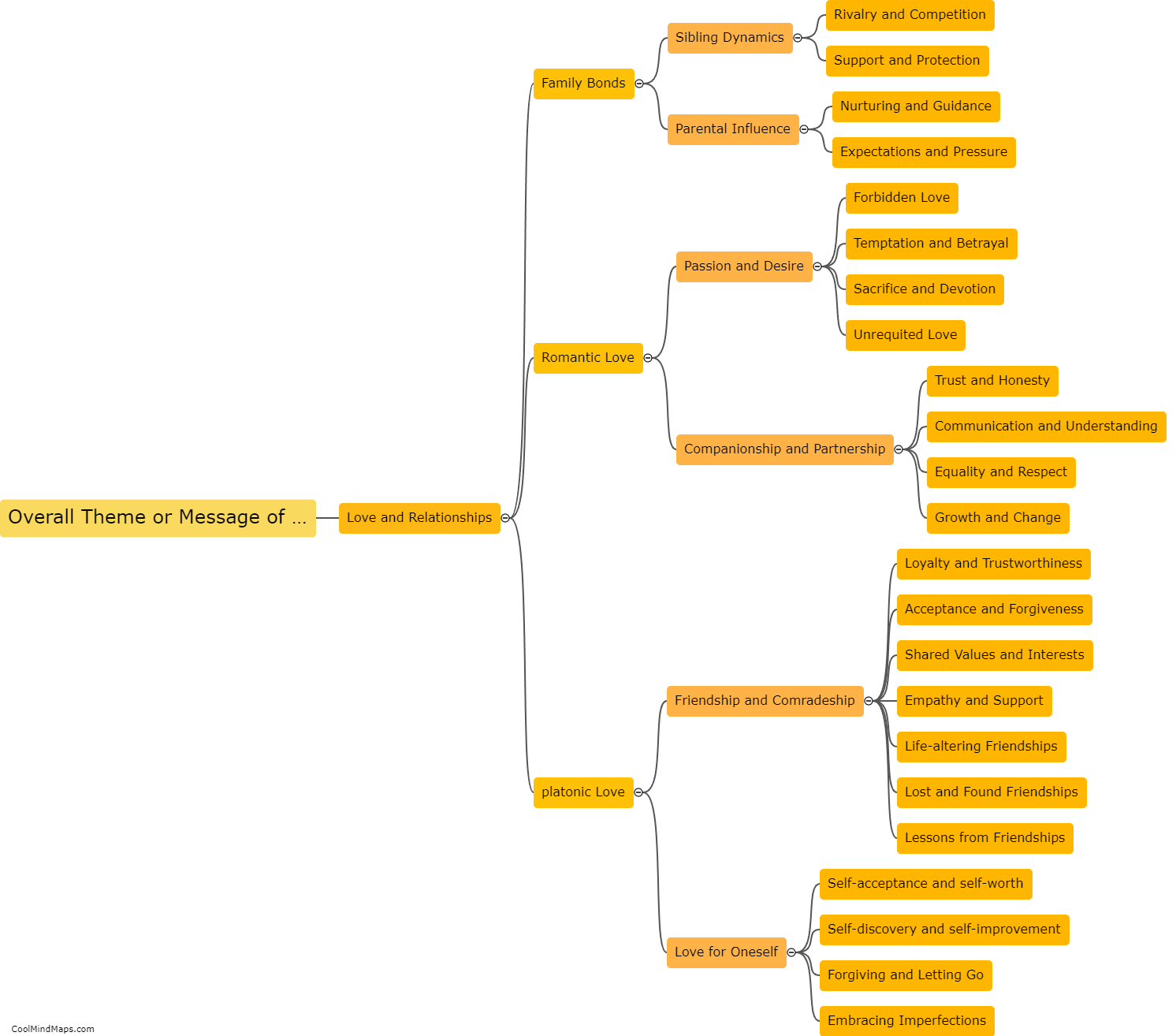How has English evolved over time?
English has undergone significant changes and evolution over the course of its history. It originated from the Germanic language family and was influenced by the Anglo-Saxons, Vikings, Normans, and other cultures that had contact with the British Isles. Old English, spoken from the 5th to the 11th century, was completely different from modern English, characterized by complex grammar and a vocabulary heavily influenced by Germanic roots. Middle English, spoken from the 11th to the 15th century, saw the assimilation of French and Latin words, leading to a more diverse vocabulary and simplified grammar. With the introduction of the printing press in the late 15th century, the standardization of English became possible, and Early Modern English emerged. This period, from the late 15th to the late 17th century, witnessed further vocabulary expansion, especially through interactions with the Americas, resulting in the language's global spread. Modern English, which emerged in the late 17th century, continues to evolve through technological advancements, influenced by various cultures, and the constant adaptation to accommodate social and linguistic changes.

This mind map was published on 17 September 2023 and has been viewed 96 times.
